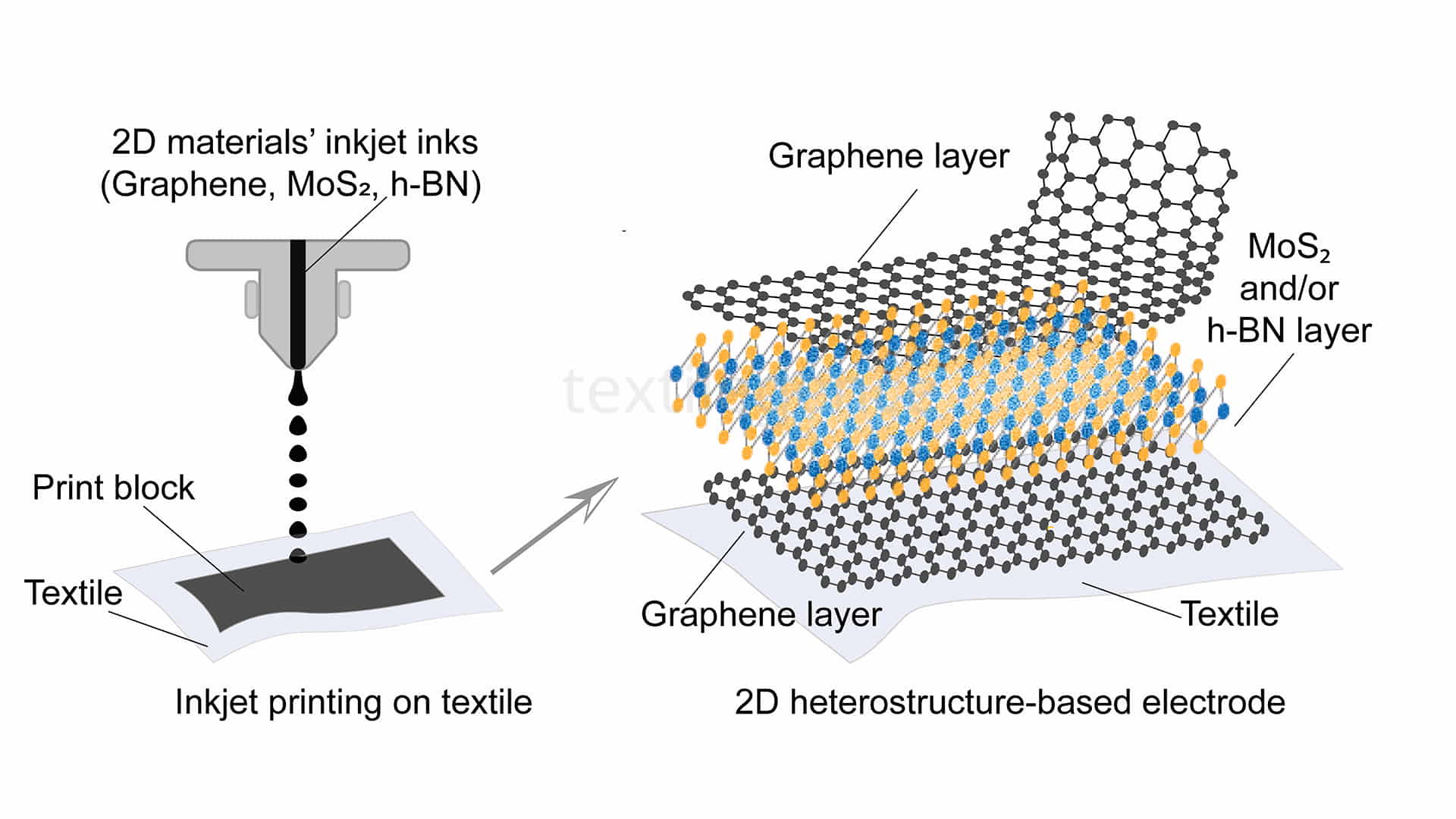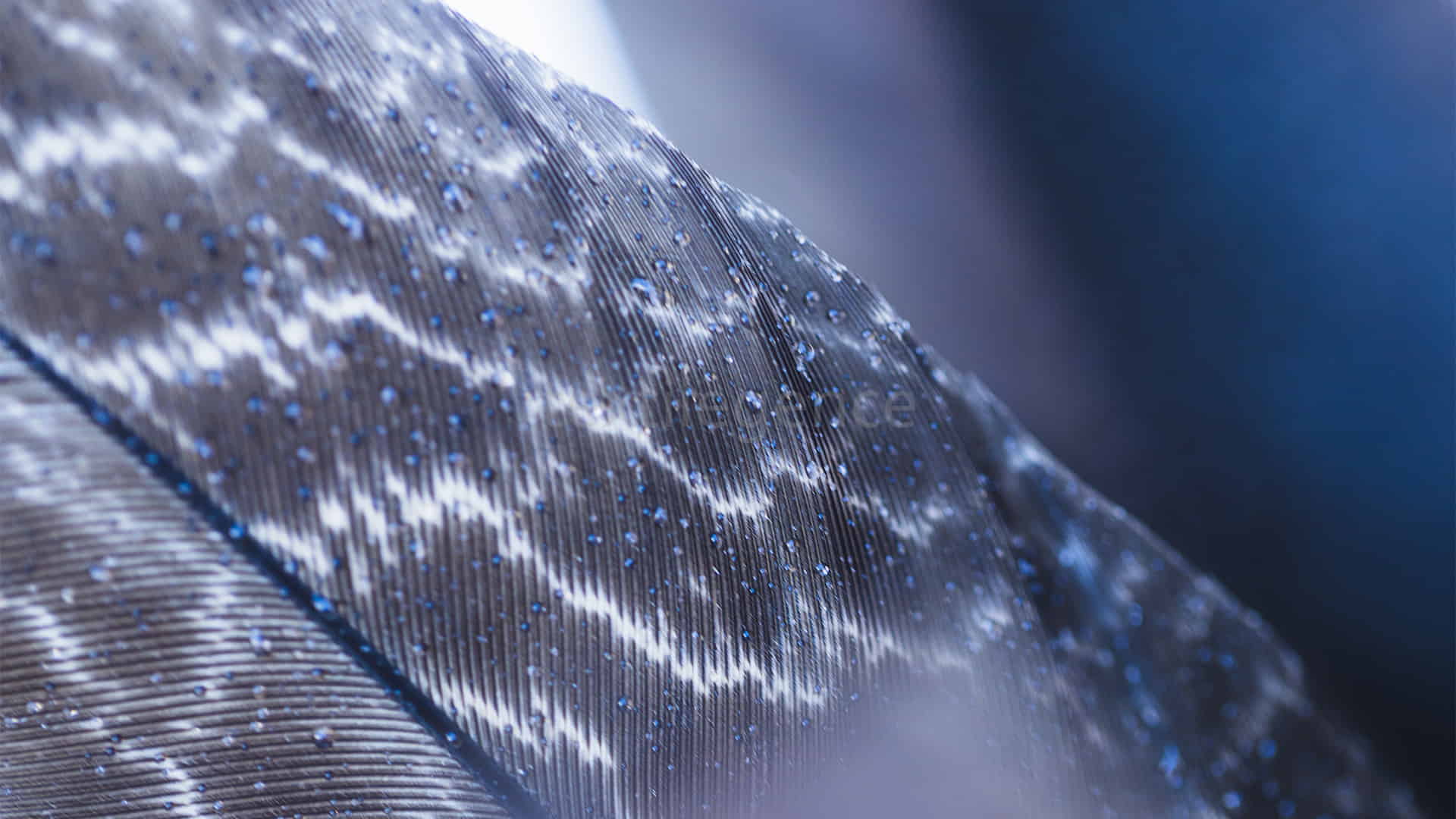Research by Nottingham Trent University (NTU), the University of the West of England (UWE) and the University of Exeter shows how high-performance micro-supercapacitors can be used to power e-textiles to support a range of health applications in a sustainable way. The development allows for the electrodes to be printed onto the fabric of garments to provide power to wearable technologies that are embedded in the clothing while allowing them to remain fully wearable and washable. Supercapacitors store energy electrochemically and have advantages over ordinary batteries, such as being faster to charge and discharge, having longer lifespans and being more cost-effective.
The study, published in Advanced Functional Materials journal, shows how inkjet printing ultra-thin layers of two-dimensional (2D) materials including graphene, molybdenum disulfide (MoS2) and hexagonal boron nitride (h-BN) is the most accurate way to form a layered material, known as a heterostructure, to create a micro-supercapacitor. Two-dimensional materials consist of only a single layer of atoms and have unique properties due to their thinness.
“This research could open a new era in high-performance textile-based micro-supercapacitors”
Professor Nazmul Karim, of the Nottingham School of Art & Design at NTU, who supervised the study, said that e-textiles are widely considered to be a promising healthcare solution which can help allow for the unobtrusive monitoring of human health to support diagnoses at the point of care. Karim continued: “But the lack of thin and flexible power supplies has until now hindered the practical adoption of such products, so we wanted to develop ways to enable textile-based micro-energy storage devices to provide the energy that is needed. This research could open a new era in high-performance textile-based micro-supercapacitors which will power the future wearable e-textiles for personalised health care.”

Dr Shaila Afroj, an Associate Professor of Sustainable Materials at the University of Exeter, pointed out that the key challenge to wearable e-textiles is the requirement for a lightweight, flexible and high-performance power supply unit and disclosed: “Supercapacitors or ultracapacitors have gained greater attention as energy storage devices compared to batteries, mainly because of their rapid charging and discharging rates, long cycle life and cost-effectiveness. This study shows how inkjet printing is a promising and sustainable solution for the fabrication of fully smart, wearable, and eco-friendly supercapacitors for wearable electronics applications.”


